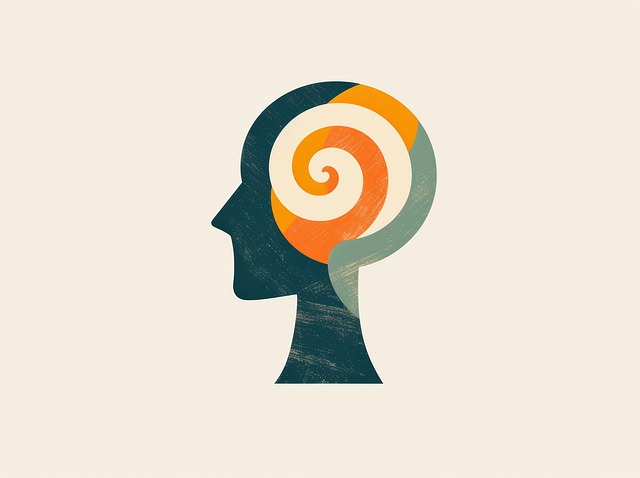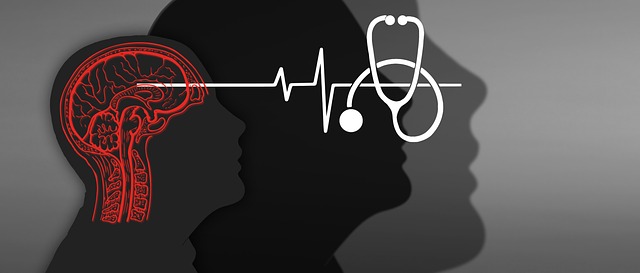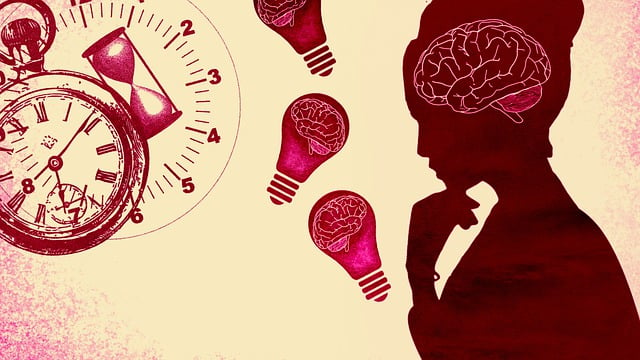In diverse Arvada, cultural sensitivity is key for mental healthcare professionals addressing couples communication issues. Therapists adapt their approaches, integrating tailored training and techniques to create inclusive environments that respect diverse backgrounds and beliefs. This culturally sensitive therapy enhances relationships, promotes emotional well-being, and improves mental health outcomes through personalized guidance and community outreach. A diverse mental healthcare team, including Arvada Couples Communication Issues Therapy, offers culturally competent care, building trust and empowering patients from all walks of life.
In today’s diverse society, cultural sensitivity in mental healthcare is paramount. Understanding cultural diversity shapes effective treatment plans, as it impacts mental health significantly. This article explores the intricate dynamics of cross-cultural communication, offering insights into challenges faced by therapists. We delve into unique cases like Arvada Couples Communication Issues, highlighting the complexities within therapy sessions. Additionally, practical strategies for culturally sensitive practices and the benefits of diverse teams and resources are presented, emphasizing inclusive care.
- Understanding Cultural Diversity and Its Impact on Mental Health
- Challenges in Cross-Cultural Communication for Therapists
- Arvada Couples Communication Issues: A Unique Perspective
- Strategies for Culturally Sensitive Therapy Sessions
- Enhancing Practice with a Diverse Team and Resources
Understanding Cultural Diversity and Its Impact on Mental Health

In today’s diverse society, mental healthcare professionals in Arvada must embrace cultural sensitivity as a cornerstone of their practice. Understanding cultural diversity means recognizing and appreciating the unique beliefs, values, and traditions that shape individuals’ lives. This awareness is crucial when addressing couples communication issues in therapy, as cultural context can profoundly impact relationships and emotional expression. For instance, what is considered open communication in one culture might be perceived as disrespectful in another, highlighting the need for adaptable and culturally responsive strategies.
By integrating social skills training and confidence-boosting techniques sensitive to various cultural backgrounds, therapists can create inclusive environments. These approaches aim to promote emotional well-being while respecting diverse paths to healing. In Arvada, where a rich tapestry of cultures intertwines, such sensitivity ensures that mental health services are accessible and effective for all, fostering healthier relationships and improved mental health outcomes.
Challenges in Cross-Cultural Communication for Therapists

In a diverse society like Arvada, therapists often encounter clients from various cultural backgrounds, each with unique communication styles and perspectives. This presents a significant challenge, especially when it comes to understanding and addressing cross-cultural communication issues in therapy sessions. The difference in language, idioms, humor, and non-verbal cues can lead to misunderstandings and misinterpretations, hindering the therapeutic process. For instance, cultural norms regarding eye contact, personal space, and directness may vary greatly, impacting the therapist-client relationship.
Therapists must be adept at adapting their communication approach, ensuring a safe and inclusive environment for all clients. This involves active listening, seeking clarification when needed, and demonstrating cultural sensitivity through words and actions. Incorporating practices like mental wellness journaling exercises or stress management guidance can help bridge cultural gaps, fostering open dialogue and facilitating effective Arvada couples communication. Additionally, depression prevention strategies tailored to diverse cultural contexts can further enhance the therapist’s ability to connect with clients from varied backgrounds.
Arvada Couples Communication Issues: A Unique Perspective

In Arvada, Colorado, couples often face unique communication challenges that can significantly impact their mental well-being and relationships. These issues are deeply rooted in cultural contexts, where misunderstandings and miscommunications may arise due to differing societal norms and values. Therapy focused on Arvada Couples Communication Issues provides a specialized service, offering guidance tailored to these local dynamics. This approach not only helps couples navigate their immediate challenges but also fosters deeper understanding and resilience within their relationships.
The unique perspective of this therapy extends beyond traditional communication strategies. It incorporates crisis intervention techniques to manage acute stress and conflict, as well as promotes coping skills development for both partners. By addressing these aspects, the process enables couples to enhance their stress management abilities, ensuring they have the tools to navigate future challenges with greater equanimity. This holistic approach not only benefits individuals but also strengthens the fabric of communities in Arvada and beyond.
Strategies for Culturally Sensitive Therapy Sessions

In culturally sensitive therapy sessions, therapists in Arvada Couples Communication Issues Therapy should create a safe and welcoming environment that respects clients’ backgrounds and beliefs. This involves actively listening to patients, validating their experiences, and demonstrating empathy towards their cultural perspectives. Therapists can foster this by asking open-ended questions about clients’ life stories, values, and traditions, ensuring non-judgmental attitudes throughout the process. Incorporating clients’ preferred language and cultural references into therapy sessions further strengthens this approach.
Additionally, integrating self-care practices and mindfulness meditation can enhance the cultural sensitivity of therapy. Encouraging clients to engage in community outreach program implementations related to their cultural identities allows them to connect with like-minded individuals, fostering a sense of belonging. By combining these strategies, therapists can create an inclusive setting that promotes healing and growth while addressing Arvada Couples Communication Issues from a culturally nuanced perspective.
Enhancing Practice with a Diverse Team and Resources

Incorporating diversity within mental healthcare teams can significantly enhance therapeutic outcomes for patients with varied cultural backgrounds. At Arvada Couples Communication Issues Therapy, we recognize that having a diverse staff who reflect the communities they serve is essential. This approach ensures that healthcare providers can offer more personalized and culturally sensitive care, fostering better patient connections and trust. When team members come from different ethnic, racial, and cultural groups, they bring unique perspectives, experiences, and skills to the table, allowing for a broader range of understanding and empathy towards clients’ challenges.
Moreover, providing resources such as confidence-boosting exercises tailored to diverse cultures, along with guidance on mental wellness journaling, can empower individuals to explore their emotions and strengths. Healthcare provider cultural competency training plays a pivotal role in equipping professionals with the knowledge and skills to navigate cultural differences effectively. This training enables them to adapt communication styles, understand implicit biases, and offer culturally responsive interventions, ultimately improving patient satisfaction and outcomes, especially for those seeking help for couples’ communication issues.
Cultural sensitivity in mental healthcare is paramount, especially considering the diverse range of clients seeking support. By understanding cultural diversity and its impact on mental health, therapists can overcome communication challenges related to cross-cultural interactions. The unique case study of Arvada Couples Communication Issues highlights these complexities but also offers valuable insights. Implementing strategies for culturally sensitive therapy sessions, such as active listening and tailoring treatment plans, fosters inclusive care. Moreover, building a diverse team and utilizing comprehensive resources further enhance the ability to provide effective, tailored support, ensuring that all individuals receive the best possible mental healthcare.














